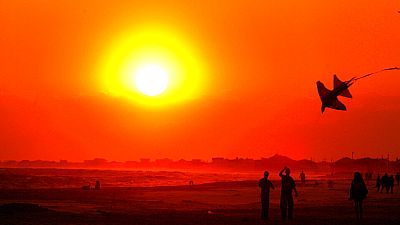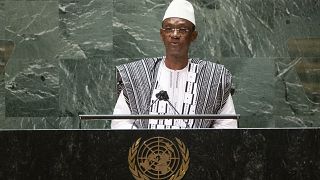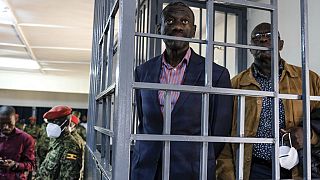heatwave
Recent soaring temperatures in West Africa and the Sahel, including Mali, have led to hundreds of deaths, with researchers attributing the extreme heat to human-induced climate change.
In Mali, temperatures surpassed 48°C last month, with Gabriel Toure Hospital reporting 102 deaths in early April, particularly affecting older individuals. Scientists argue that without human activities such as burning fossil fuels and deforestation, temperatures wouldn't have reached such alarming levels.
A study by the World Weather Attribution group found that climate change made temperatures in Mali and Burkina Faso up to 1.5°C warmer than usual, with nights being 2°C hotter on average. They warn that such heatwaves, once rare, could become more common as global temperatures continue to rise.
However, the severe drought plaguing Southern Africa earlier this year is attributed more to the El Niño weather phenomenon than climate change.
While millions faced hunger due to crop failures and water shortages leading to cholera outbreaks, researchers suggest that El Niño, not climate change, primarily influenced the low rainfall across the region from December to February.
These findings highlight the complex relationship between climate change and extreme weather events, with scientists emphasizing the need for urgent action to mitigate their impact.














01:40
Kenya cancels airport and energy deals with Adani group after the U.S. indicts the tycoon
Go to video
Fugitive Zambian MP Emmanuel Jay Banda arrested in Zimbabwe after three-month Manhunt
Go to video
Spain to offer residency and work permits to undocumented migrants
Go to video
Archbishop of Canterbury will end official duties in early January amid sex abuse scandal
Go to video
Congo opposition leaders call for protests against president's plan to change constitution
01:30
Mali: Former al-Qaida-linked police chief sentenced to 10 years for war crimes